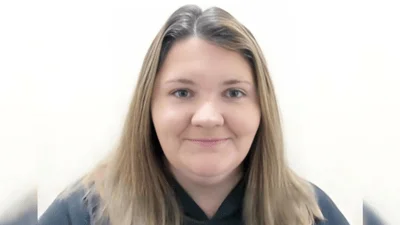Politicians who cry foul over the Property Tax Extension Limitation Law (PTELL) are missing an important point, according to a public advocacy group: It's what the people want.
That PTELL is a limiting factor in how public bodies can manage tax district revenue is precisely the point of the law, the Edgar County Watchdogs (ECW) argue on their Illinois Leaks website.
PTELL is being implemented in tax districts where voters approved a referendum for it and can be repealed by the voters. The ECW points out that this means the limits PTELL imposes on elected officials are, in fact, imposed by voters.
In explaining the law, the ECW provides a copy of a document from the Illinois Department of Revenue (IDR) titled “An Overview of the Property Tax Extension Limitation Law by Referendum.”
“Although the law is commonly referred to as 'tax caps,' use of this phrase can be misleading,” the IDR document states. “The PTELL does not 'cap' either individual property tax bills or individual property assessments. Instead, the PTELL allows a taxing district to receive a limited inflationary increase in tax extensions on existing property, plus an additional amount for new construction.”
In a taxing district subject to PTELL, property tax extensions are limited to either 5 percent or the increase in the national consumer price index (CPI) for the year before, whichever is smallest. It limits the total taxes billed, tying increases in property taxes to inflation and increases in property value.
“The limit slows the growth of revenues to taxing districts when property values and assessments are increasing faster than the rate of inflation,” the IDR states. “As a whole, property owners have some protection from tax bills that increase only because the market value of their property is rising rapidly.”
The ECW says that for elected officials trying to balance budgets by increasing revenue, PTELL can become “the boogeyman," but it also considers PTELL to be a voter-friendly law that puts power over property taxes into the hands of the people.
The argument against PTELL essentially breaks down to it having a limiting effect on elected officials’ abilities to run their districts. They say that it removes tax rate regulations from their authority and inhibits their ability to ensure that services are provided or to raise revenue in an emergency.
The ECW counters that officials can go beyond the limits of PTELL if voters approve it.
The IDR states that taxing districts are allowed additional increases for new construction, district annexations, voter-approved increases or new tax rates for one or more levy years, and the tax increment financing district when it expires.
The ECW says PTELLs force elected officials to make considered budgetary decisions unless voters determine that they are willing to pay more in taxes to support higher spending. The organization says some township officials complain that PTELL is limiting their ability to function while at the same time drawing salaries and benefits that exceed those of the private sector. It cites one where board members make $4,500 for 12 yearly meetings that typically run 15 minutes.
.jpg)





 Alerts Sign-up
Alerts Sign-up